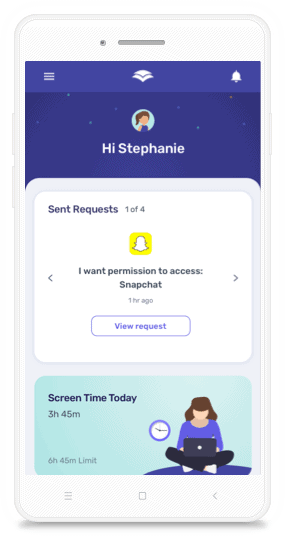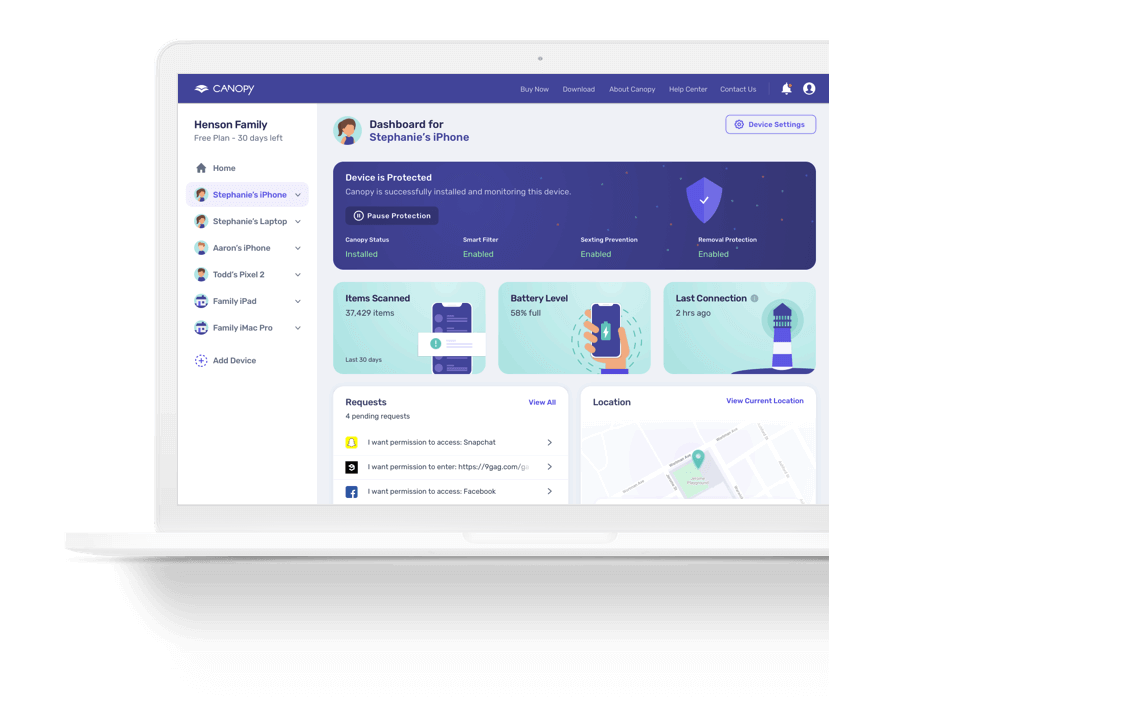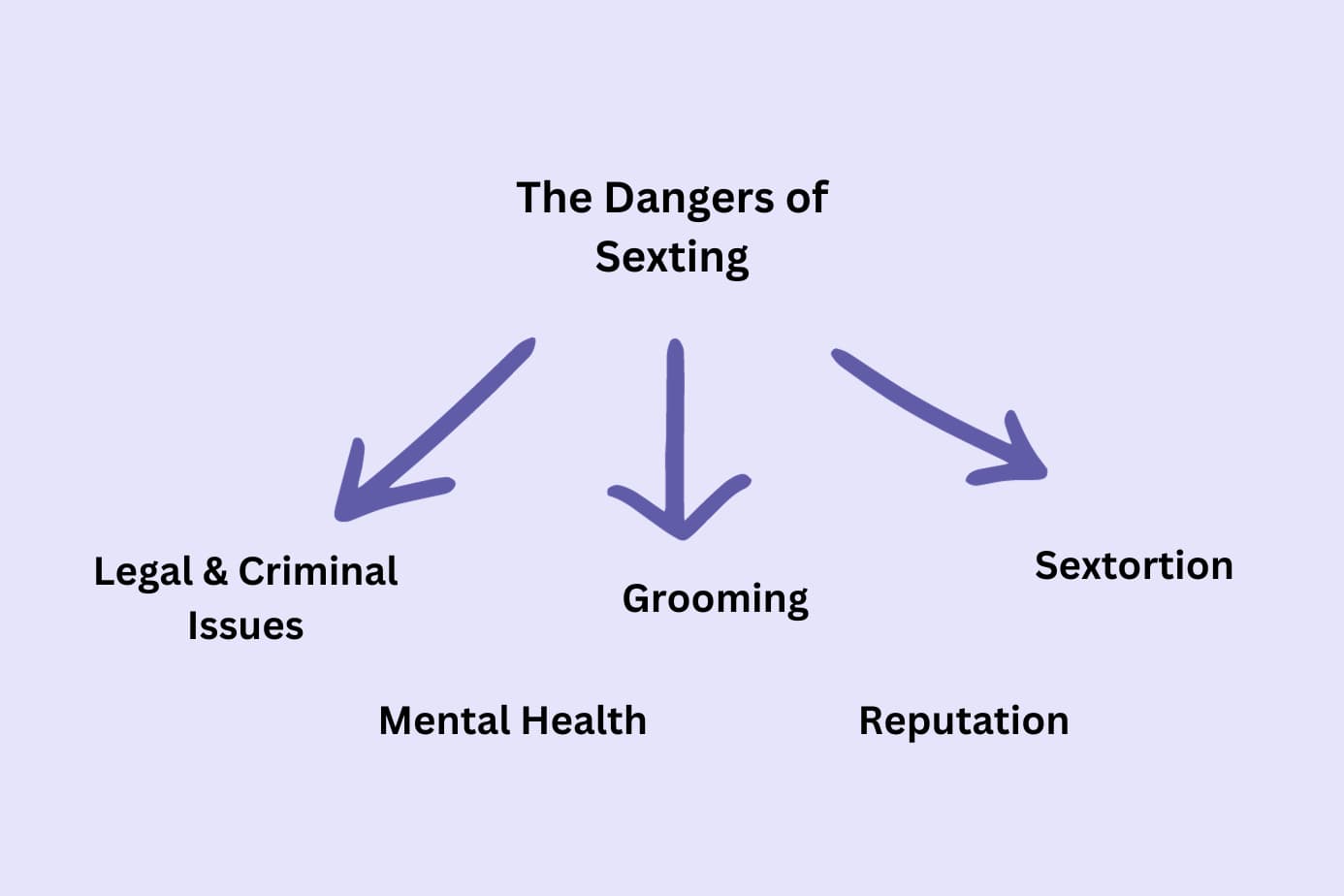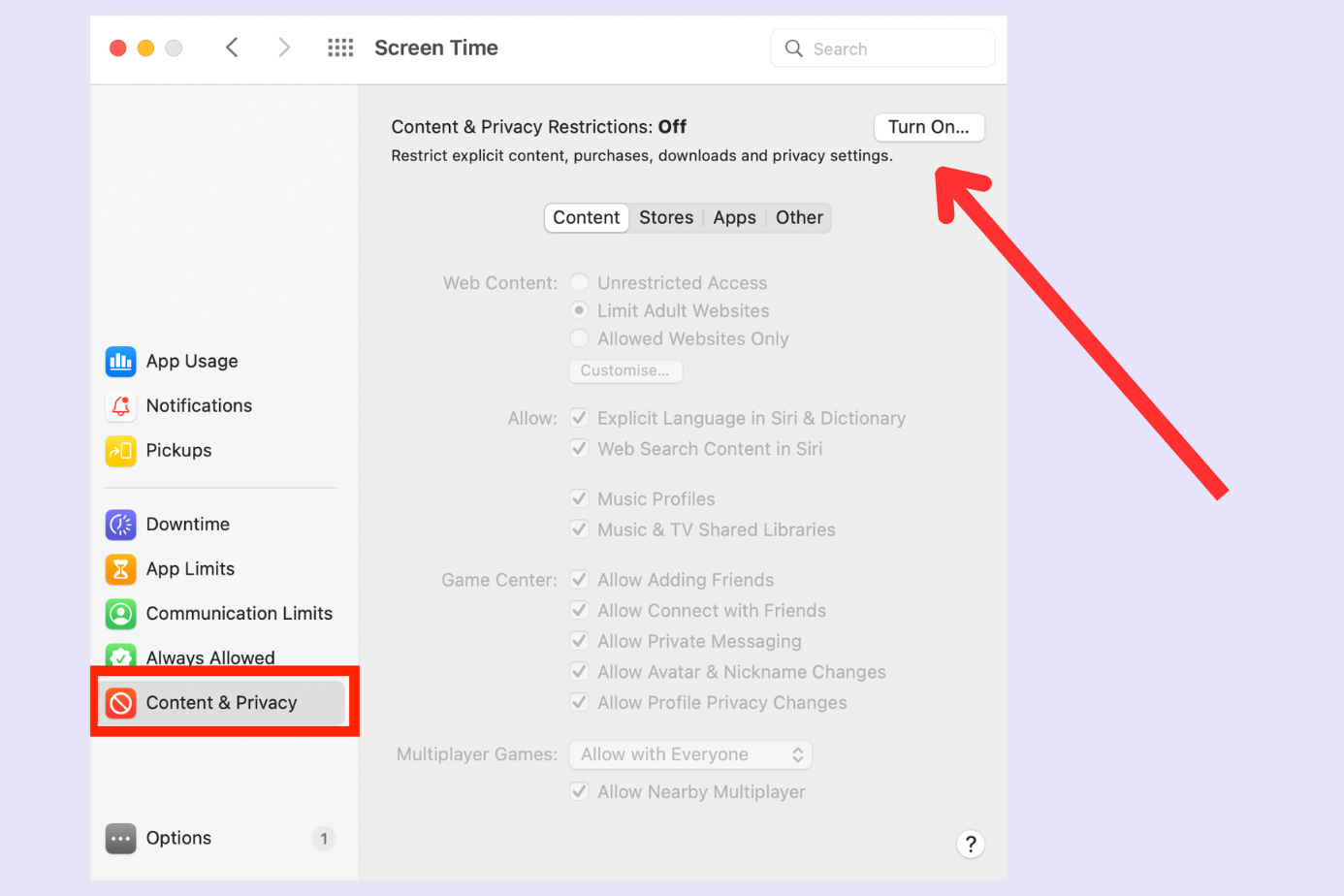There’s no doubt that raising children in today’s digital world can be challenging. As a parent, it is imperative to monitor your child’s online behaviour and be an active role model. Parents need to take charge of their children’s digital lives and monitor their own habits to ensure positive digital experiences. It is important to remember that a child will be more likely to emulate their actions than listen to what you say.
While there’s no right or wrong way to go about “digital parenting”, these tips should help guide you towards raising kids with healthy and safe online habits.
What is Digital Parenting?
Digital Parenting is a term that refers to the way parents keep up with their kids’ digital lives. It is a collection of efforts and practices that parents do to be able to comprehend, support, and regulate a child’s activity in different digital settings to protect them from all online dangers. The word digital parenting is an umbrella term for different types of activities parents do with their children, such as monitoring what websites they visit, setting up filters on online content, and limiting screen time.
Our Top Digital Parenting Tips
1. Keep open lines of communication
The number one secret of good digital parenting is to be open and honest with your child. Talking to your child about the internet, social networking sites, and other online content is important. Communication should be frequent and ongoing. It should also be calm and direct. If your child is posting inappropriate content or is being mean to others online, you should address the situation directly. Otherwise, the child will misinterpret the meaning of your words and may believe it is not really important.
Conversations about digital safety should change as your child grows. If he or she tries to post inappropriate content, try to remain calm and be direct. If the discussion does not go well, try to find an alternate way to discuss the subject. Eventually, your child will be familiar with the situation and will be more likely to respond positively. The key is openly discussing these issues that they face online and addressing it in a polite and calm manner. The moment you begin to enforce force when dealing with such situations, the higher the risk of your children keeping secrets from you in fear of rejection or a negative reaction from you.
2. Be present in your child’s digital life
Being present for your child in a digital sense means being attentive to their online behaviour and monitoring their screen time. One way you can do this is by observing your child’s daily routine and being mindful of how long they spend in front of a computer, on their phone, or using other electronic devices. If you feel that your child is spending too much time online, try to redirect their attention to other activities and encourage hobbies that don’t involve screens.
Additionally, try to be present in the online platforms where your child is active without being too nosy. Check their socials and other online websites that they are active to get a glimpse of what your child does and how they “act” online. However, try not to intrude on their activities online. Instead, discuss issues you have with their online activities privately and personally instead of online.
3. Model healthy digital behaviours
As a parent, you should always try to model healthy digital behaviour to your children. This means being aware of the things you do with your own device and how long you spend on your phone when you’re around your kids. If you choose to limit your child’s use of social media platforms, set a good example by avoiding using apps like Facebook and Instagram when you’re with them.
While many of us spend most of our workdays in front of a computer, it’s important to remember to take regular screen breaks and avoid spending long stretches of time sitting at a desk. The more your children see you demonstrating healthy digital behaviours, the more likely they are to follow in your footsteps and develop healthy behaviours themselves.
Conquering the Challenges of Digital Parenting
However, keeping up with your child’s online activities can be time-consuming and sometimes, it can be quite difficult to fully immerse oneself in all of these new online platforms kids and young teens are on. Additionally, as parents might find it hard to admit, we cannot ALWAYS be there to see and monitor what our child does and says online.
Every day we’re checking and re-checking our kids’ internet usage. They have a variety of games, apps on their phones and tablets, and even laptops in their rooms for all sorts of reasons. Every parent worries about their children’s internet safety. It has always been a parent’s nightmare to discover pornography websites, bullying, and sexting on your child’s internet browser history.
—
Canopy is the only parental control app that not only blocks all known porn websites but also filters out pornographic images and videos on websites you may think are safe. This is possible through patented Artificial Intelligence Technology that can identify inappropriate images in real-time and block them. Using the same groundbreaking technology, Canopy can prevent sexting by identifying naked or partially naked photos as they are taken. Canopy also provides other features such as Internet Break, App Blocking, Porn Blocking, Location Tracking and Category Filtering.
If you’re looking for more ways to keep your family safer online, an app like Canopy can give your kids the freedom to explore, while giving you peace of mind that they’ll be shielded from viewing and accessing inappropriate content.
Find out how it works.





